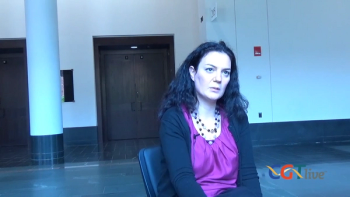
The senior director and clinical program leader, Translational Clinical Oncology at Novartis Institutes for BioMedical Research, discussed new data from the phase 1 study.

The senior director and clinical program leader, Translational Clinical Oncology at Novartis Institutes for BioMedical Research, discussed new data from the phase 1 study.
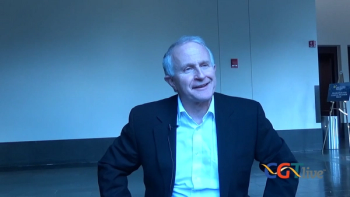
The professor of medicine and University of Minnesota Medical School discussed the advantages and unmet needs of natural killer cells in oncology.

Catch up on the latest news, breakthroughs, and announcements from biotechnology companies making advancements in cell and gene therapies.
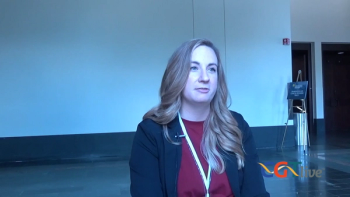
The research fellow from Harvard Medical School discussed blocking IFNg as a potential approach to reduce toxicities.

The FDA has lifted a clinical hold on the trial of VX880 placed in May 2022 due to insufficient information.
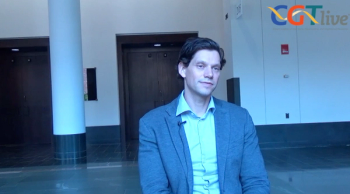
The instructor of Medicine, Division of Hematology and Oncology, Hospital of the University of Pennsylvania discussed his thoughts on the potential of targeting mutant KRAS with immunotherapy.
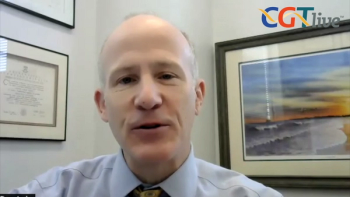
MUSC recently launched In Your DNA SC, a 4-year study to collect and glean insights from genetic testing in the general population.
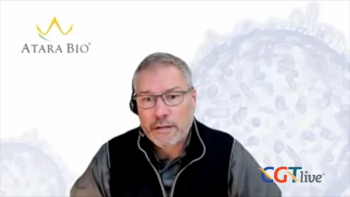
The global head of research and development at Atara Biotherapeutics discussed ATA188 ahead of anticipated data readouts this month.
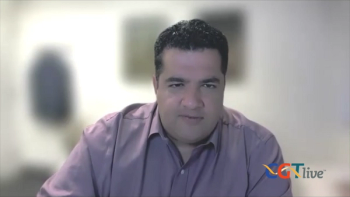
The associate professor at Fred Hutch Cancer Center discussed data presented at the EHA 2022 Congress.
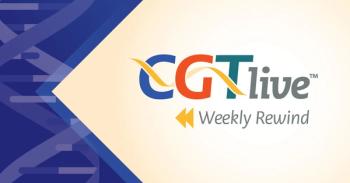
Review top news and interview highlights from the week ending July 1, 2022.

A patient showed more than a 50% reduction in N-acetylaspartate (NAA) in brain white matter at 3 months post-treatment.
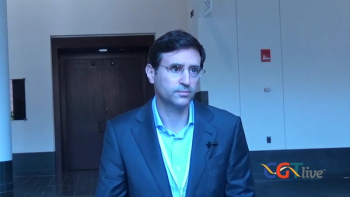
The chief of cancer immunotherapy at Rutgers Cancer Institute discussed clinical results with different cell therapy approaches.

ADVM-022 was also granted PRIME designation by the EMA on June 24, 2022.
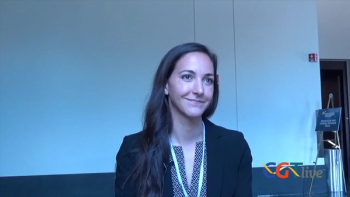
The scientist at A2 Biotherapeutics discussed the company’s dual-receptor Tmod technology.

Catch up on the latest news, breakthroughs, and announcements from biotechnology companies making advancements in cell and gene therapies.
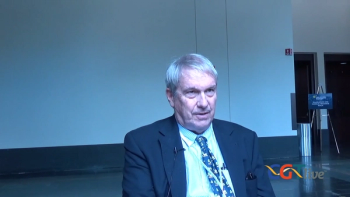
The acting chief of the oncology branch of the Center for Biologics Evaluation and Research at the FDA discussed the evolution of cell therapies in the past decade.

It will be the first AMN clinical study to utilize wearable technology for monitoring patient activity and outcomes.

Benjamin Harrison, BSc, PhD, assistant professor of biochemistry and nutrition at UNE, shared his thoughts on the research.

Susan Ruediger, founder and chief mission officer, CMT Research Foundation, discussed the panel discussion she participated in at BIO 2022.
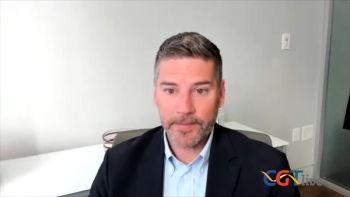
Michael Parini, chief executive officer and director, Freeline Therapeutics, discussed the company’s pipeline and mission.

The hold was related to a serious adverse event of hypomagnesemia in an ongoing phase 2 clinical trial.

The hold comes after a serious AE of peripheral sensory neuropathy.
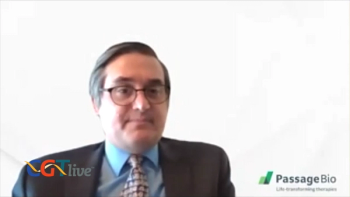
The senior vice president of clinical development at Passage Bio discussed intracisternal magna administration of PBGM01.
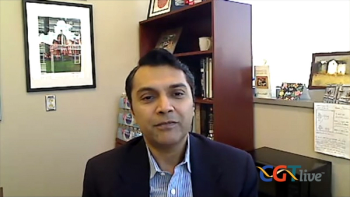
The chief of the lymphoma division and oncologist at Levine Cancer Institute discussed data from real-world experience studies.

The approval builds off of liso-cel's (Breyanzi) previous indication for third-line or later treatment in LBCL.

Review top news and interview highlights from the week ending June 24, 2022.

BioMarin received a positive CHMP opinion after the FDA delayed val-rox's BLA filing for the second time.

B-VEC recently showed efficacy in the phase 3 GEM-3 trial.
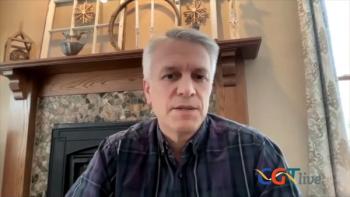
The director of the Pediatric Hemophilia and Coagulation Disorders Program at CS Mott Children’s Hospital discussed common challenges with gene therapy clinical trials.

NfL peaked 1-month post-treatment as expected and returned to near baseline at 12 months.